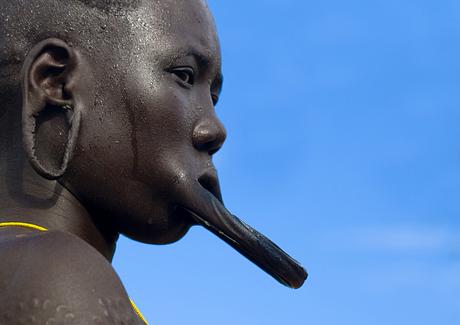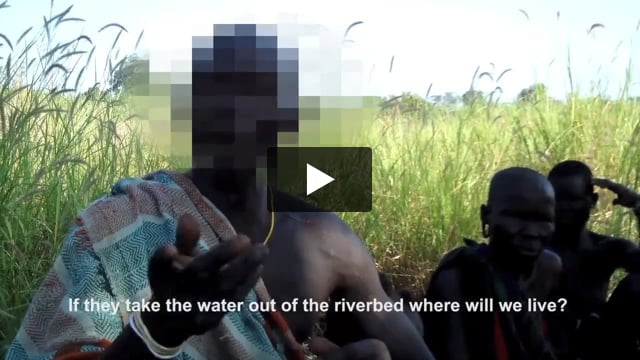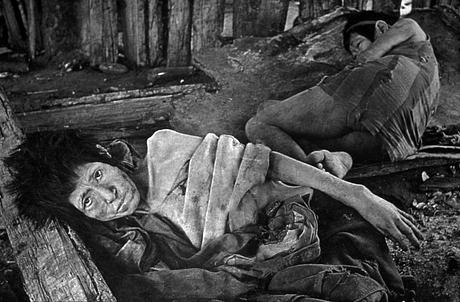UN demands urgent answers from Ethiopia over Gibe III dam
October 13, 2011
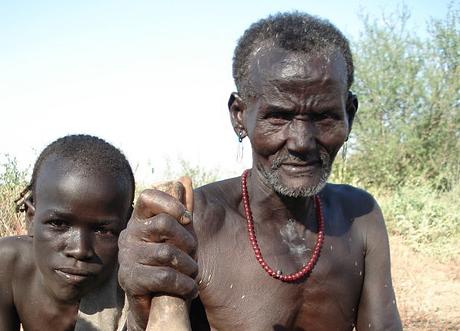 © Survival
© SurvivalThis page was last updated in 2011 and may contain language which is now outdated.
The UN’s growing concern over Ethiopia’s construction of the controversial Gibe III dam has prompted it to demand urgent information from the African state.
The Committee on the Elimination of Racial Discrimination (CERD) has given Ethiopia until the end of January 2012 to provide reliable evidence that independent assessments have been carried out, and that tribal people in the region have been properly consulted.
The UN body has written to Ethiopia with its concerns under its ‘early warning and urgent action procedure’. It has appealed for ‘constructive dialogue’ but noted how previous requests from the UN’s Special Rapporteur on Indigenous rights had been ignored.
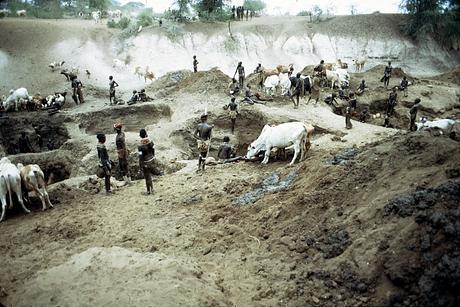 © Serge Tornay/Survival
© Serge Tornay/Survival
The UN’s World Heritage Committee has also written to Ethiopia calling for it to ‘immediately halt all construction’ and for ‘all financial institutions supporting the Gibe III dam to put on hold their financial support.’ Both the Omo Valley, and Kenya’s Lake Turkana, which is fed by the Omo river, have been recognized by UNESCO as World Heritage Sites.
Survival has been calling on the UN to take action over Ethiopia’s construction of the Gibe III dam, and its decision to lease out large areas of tribal land for commercial plantations in the South Omo region. The dam will regulate the flow of the Omo and enable irrigation of the plantations.
Survival recently revealed that around one hundred Indigenous people have been arrested and jailed for opposing the dam and plantations.


